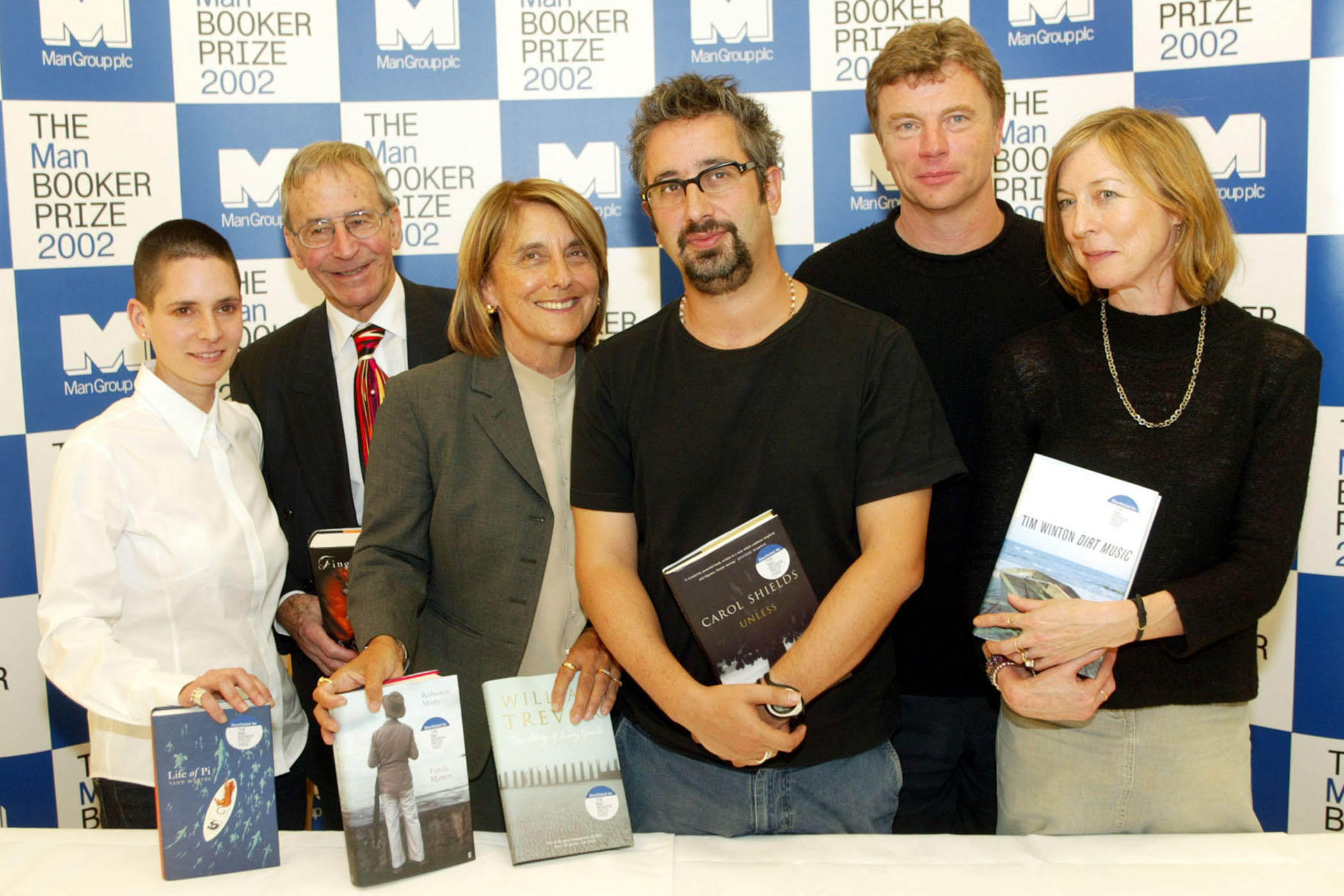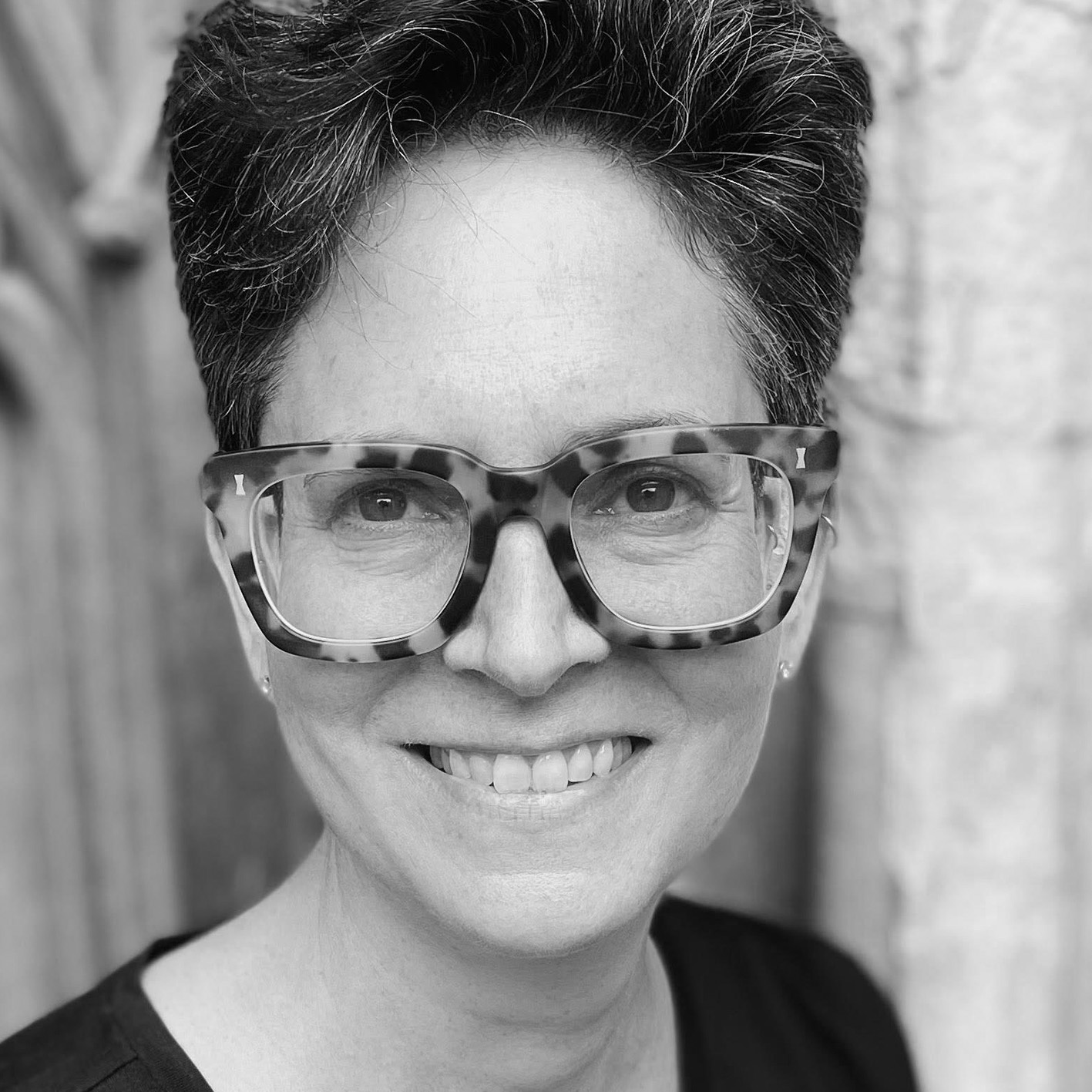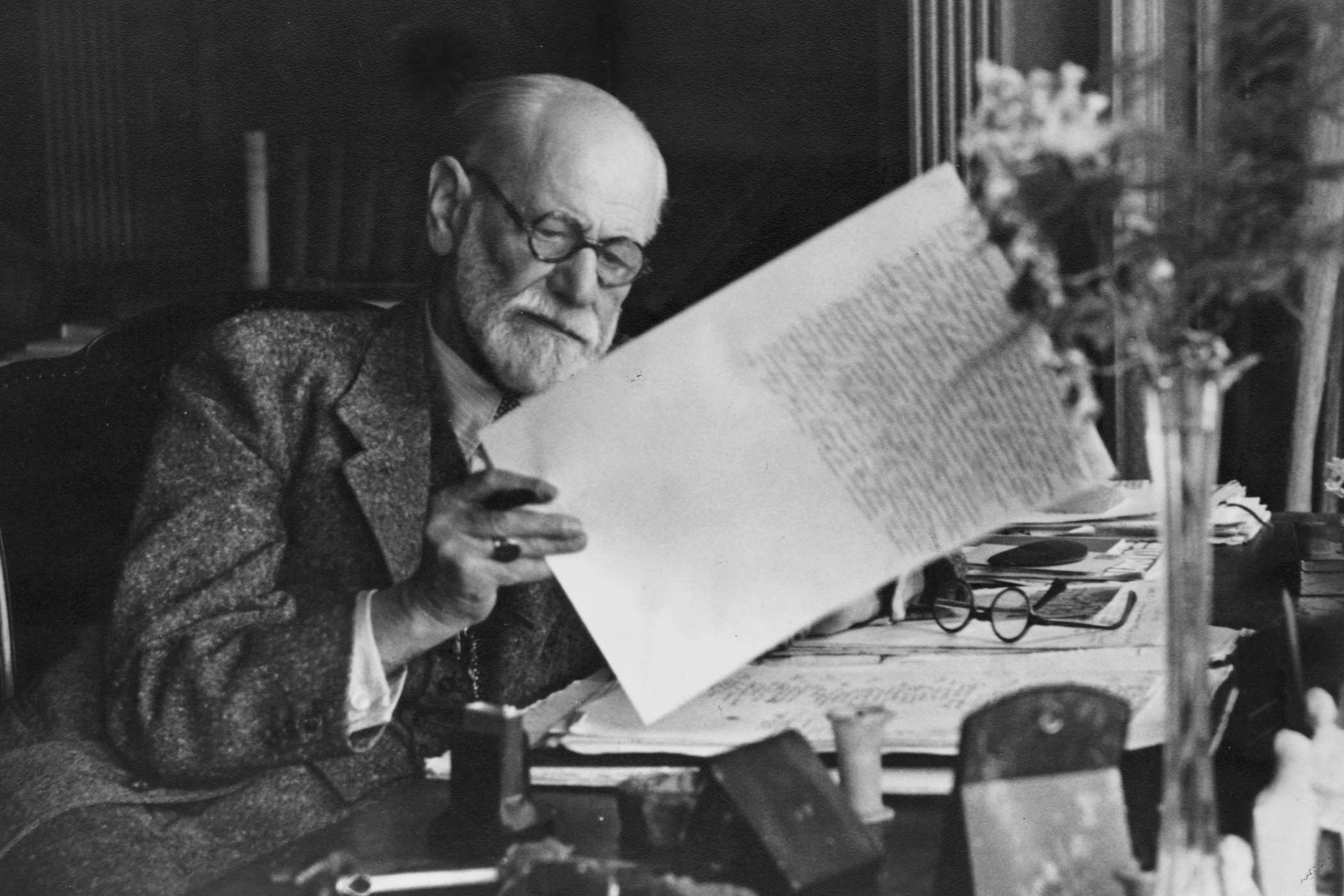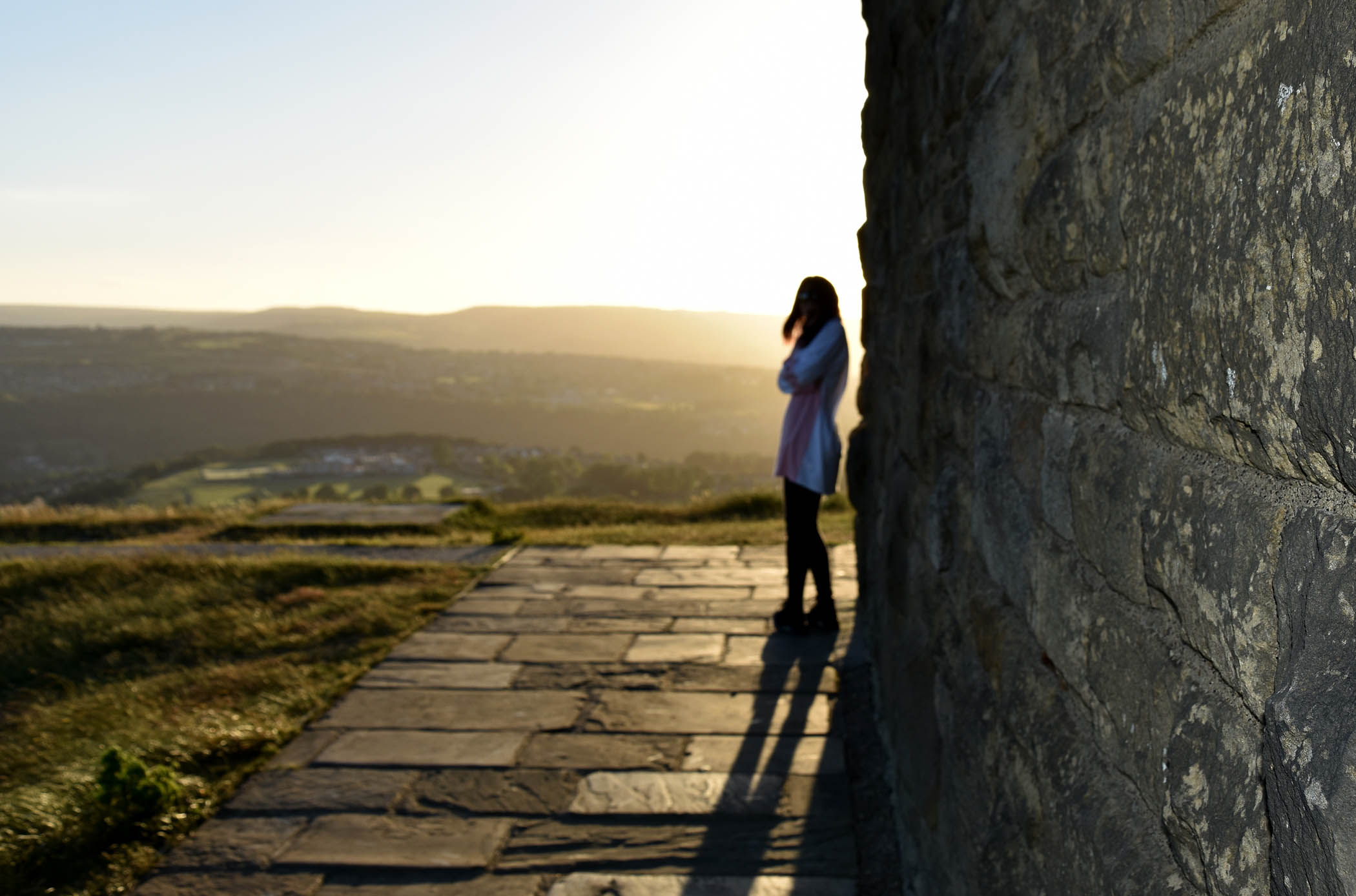What is it really like to judge the Booker prize? The short answer: it’s great. I don’t have much truck with the idea that it’s parlous hard work: let’s reserve the definition of “hard work” for shifts in a care home, laying undersea cable, working as an air-traffic controller without being paid. As a job, reading a bunch of novels is swell.
It is, however, weird. No novel asks to be read in the manner that fiction up for this award requires. You know how you like to read a novel, right? In a leisurely manner. Soaking it up. Putting it aside for a bit if you’re not so sure about it; maybe picking it up again and giving it another go. This is what any author hopes you’ll do.
But we judges – and I’ve judged the Booker not once but twice; first in 2002 (that year's panel is pictured above; Yann Martel’s Life of Pi was the winner) and again in 2014 (Richard Flanagan bagging it for The Narrow Road to the Deep North) – have to race through books as if we are reading for our very lives. The count in 2014 was 154 books, as I recall; you’ve only got a few months to get through them. As they say: you do the math. Both times, it seemed like a very peculiar process. The only saving grace was that what you loved really jumped out at you. The rest were left in teetering piles by the wayside.
You swear you won’t turn down the corners of pages, but you do
You swear you won’t turn down the corners of pages, but you do
In my own experience, yes, all the judges read all the books. You get up early. You stay up late. You decline dinner invitations. Again, no real hardship here. The trick is finding a process: you keep notes in a little spiral-bound notebook. You swear you won’t turn down the corners of pages, but you do.
Now we get to the tricky part. Do the best books win? And how do they win? The answer to the second question is the reason I keep saying yes when I’m asked to judge book prizes, because if there’s anything more interesting than human dynamics – how groups of people function and make decisions – I don’t know what it is. This is by far the most significant and unpredictable aspect of any prize. Who feels free to speak? Who feels silenced? Who has a stomach ache, or trouble at home? How good is the chairperson at heading off trouble, not in the moment it’s happening but months before, in forging strong bonds between people who have to work together?
When Arundhati Roy won the Booker in 1997 for The God of Small Things, she stood up on the podium and said that she was sure a different group of judges would have chosen a different book. I’m sure she was right. I liked her honesty, her acknowledgment of how it all really works. Why is this kind of decision-making important? Because what’s going on in all the meetings at Cop30 is much of the same stuff, I’m willing to bet.
As for whether the best books win… what do you mean by “best”? There’s the books the publishers choose to submit. Certain publishers (with greater strike rates of past Booker success) can now submit more titles than others, so that tips the scales – in favour of the publisher, of course, not the author. If a promising-looking book isn’t submitted, it can be called in by a judge – but is there time for that? Once again: do the math. For the most part, no.
And however experienced the judges are – esteemed critics, heavyweight academics, well-read actors – their judgments are not purely objective. I return you to an aphorism beloved by my late mother: that’s why there’s chocolate and vanilla. Some people like this kind of writing; some people like that kind of writing. You can pretend it’s not so until you’re blue in the face, but you won’t convince me. Think of all those bad reviews by terribly smart people of Wuthering Heights or Moby-Dick. Or Ulysses.
We take it seriously, we Booker judges. We care deeply about books and their authors, and we want to do our best. But in our hearts, we must know that, finally, there is only one judge of quality, and he will outlive us all. His name is Time. And he will always have the final say.
Photograph of the 2002 Booker prize judges (Erica Wagner far left) courtesy of Alamy
Newsletters
Choose the newsletters you want to receive
View more
For information about how The Observer protects your data, read our Privacy Policy



